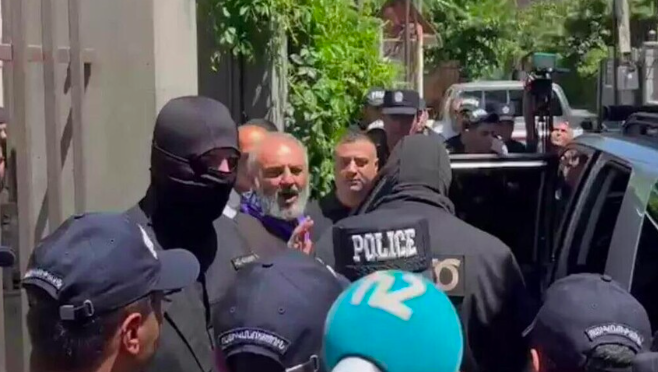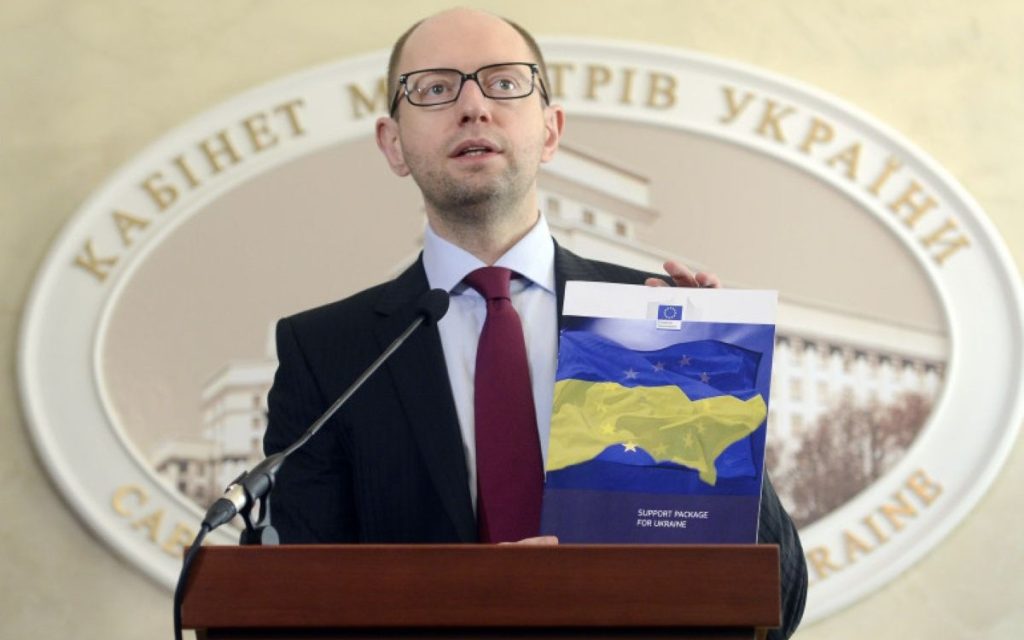The arrest of Archbishop Mikael Ajapahyan, head of the Shirak diocese of the Armenian Apostolic Church, on charges of inciting government overthrow represents the culmination of years of tensions between Prime Minister Nikol Pashinyan’s administration and the clergy. The June 27 incident, when congregants attempted to prevent security forces from detaining the archbishop, has escalated the conflict dramatically, exposing profound fractures within Armenian society.
In a scathing statement, the Armenian Apostolic Church condemned the government’s actions as “shameful,” declaring that “June 27, 2024 will be remembered in our nation’s recent history as a day of national disgrace.” The gathering of clergy and worshippers outside investigative committee headquarters in support of the archbishop demonstrates the Church’s enduring influence among broad segments of the population.
Defense attorney Ara Zograbyan maintained his client’s innocence, alleging political motivations behind the case. The refusal to allow Ajapahyan to contact Prime Minister Pashinyan suggests a personal dimension to the conflict. Through his lawyer, the archbishop rejected any consideration of running for prime minister: “I am completely fulfilled in my spiritual ministry.”
The current crisis has its roots in 2020, when the Mother See of Holy Etchmiadzin – the Armenian Church’s supreme authority – demanded Pashinyan’s resignation over his handling of the Nagorno-Karabakh conflict. Tensions escalated in late May when the prime minister and first lady made derogatory social media posts about clergy. On June 24, Pashinyan shared an article on his Telegram channel about an alleged “coup plot,” which he called a “contemptible putsch attempt.”
Analysts directly connect these events to parliamentary elections scheduled for June 2025. Statements by National Assembly Speaker Alen Simonian, a member of the ruling “Civil Contract” party, about securing an “absolute majority without coalitions” reveal intentions to consolidate power. In this context, the arrests of opposition figures and clergy – including Archbishop Bagrat Galstanyan, leader of the “Sacred Struggle” movement – appear strategically timed to eliminate potential challengers.
The government’s pressure on the Church risks exacerbating social polarization and destabilizing the country. In coming days, the court’s decision on pretrial measures for Archbishop Mikael will prove critical: harsh restrictions could intensify the crisis, while more lenient terms might create space for dialogue.







